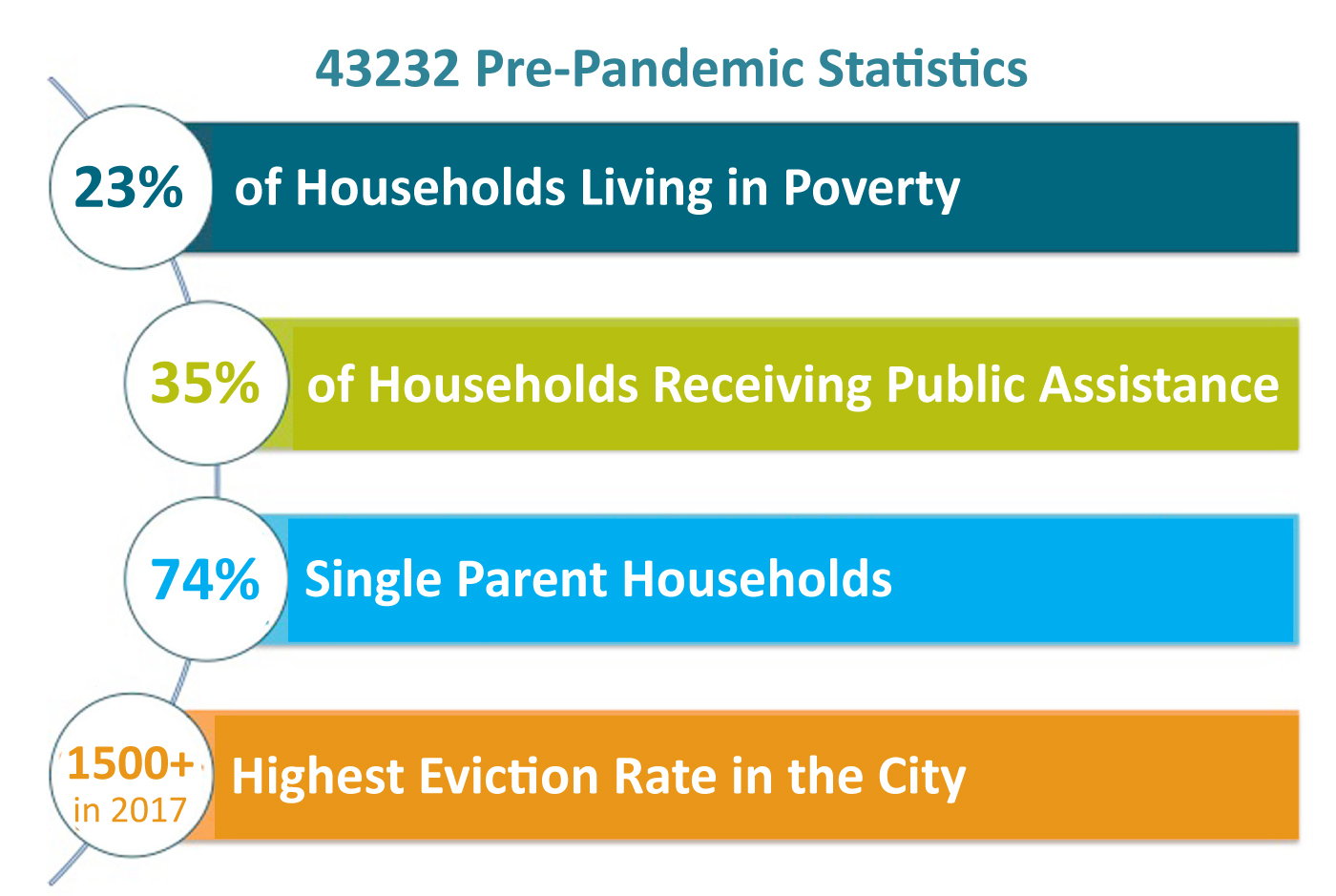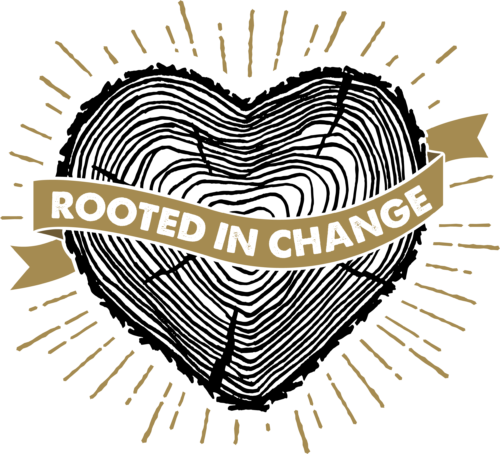Crittenton Community Center
“It’s going to change the lives of the youth and families we serve for generations to come.” – Duane Casares, DFYF CEO
 The new Crittenton Community Center is a 20,000+ square foot social services center in the eastland area of Columbus. In partnership with over 20 non-profit organizations, the new Center will offer critical social services that address food insecurity, medical services, housing stability, safety, workforce development, senior services, community social supports, legal aid, education, youth programming, and mental health services to support and stabilize families.
The new Crittenton Community Center is a 20,000+ square foot social services center in the eastland area of Columbus. In partnership with over 20 non-profit organizations, the new Center will offer critical social services that address food insecurity, medical services, housing stability, safety, workforce development, senior services, community social supports, legal aid, education, youth programming, and mental health services to support and stabilize families.
DFYF’s Community Restoration Model
The new Crittenton Community Center will showcase DFYF’s Community Restoration Model, a transferable approach that focuses on healthy community development. Addressing the basic needs of vulnerable populations, human service agencies come together in partnership to provide needed services in impoverished areas. The model addresses the five social determinants of health, incorporates a multi-generational approach, and is framed in the Trauma Informed Community Building model. The Community Restoration model begins with a Community Cultural Assessment to identify distinguishing community needs. Working WITH the community and allowing them to direct the process along with identifying the right community partners are key components of the model.

Other key components to the model include treating childhood trauma, breaking generational patterns, a non-traditional approach to workforce development, a gender responsive culture of care, and commitment to diversity.
The Need
At less than 4,000 square feet, the former Crittenton Youth Center struggled to keep up with demand. Within the first week of opening in 2015, the after-school program was filled to capacity. As we planned for expansion, we recognized that the surrounding neighborhood lacked many community resources – no public library and no recreation center. It became clear that, in order to better serve the neighborhood, DFYF needed – not a bigger youth center, but instead a community center where access to basic services are available.
“We realized that building a bigger space only for after-school and summer programs was putting a band-aid on a much bigger problem.” – Duane Casares, DFYF CEO
The Finish Line
 Building the Crittenton Community Center has not been without challenges. Construction was initially scheduled to begin October 2021 but was repeatedly delayed due to the pandemic. Because of supply chain issues and rising costs for material and labor, the cost to demolish the old building and build the new Center grew by more than $3 million over initial estimates.
Building the Crittenton Community Center has not been without challenges. Construction was initially scheduled to begin October 2021 but was repeatedly delayed due to the pandemic. Because of supply chain issues and rising costs for material and labor, the cost to demolish the old building and build the new Center grew by more than $3 million over initial estimates.
Because of the support of generous donors, DFYF raised over $10.3 million. The physical space of the new Center was developed with great intentionality. The building, designed by the local architectural firm DesignGroup and constructed by Marker, Inc., was developed to convey an atmosphere that is both welcoming and open. The new Center initiates a community changing movement – a restorative justice model of community healing grounded in the basic needs of food, shelter, safety, health, education, and human life.
